Researchers aimed to establish an association between ATEs and germ cell tumors to determine preventative strategies.
Testicular, Penile, and Rare Malignancies
Latest News
ctDNA testing may be a reliable and accurate way to monitor treatment in patients with urethral and penile cancers.
Researchers investigated the efficacy of platinum plus 5-FU in the treatment of patients with high-risk penile cancer.
Guidance addresses prepubic fat coverage and dose fractionation for both neoadjuvant and adjuvant settings.
The EPIC-A trial has demonstrated the efficacy and safety of cemiplimab combined with platinum-based chemotherapy for la/mPC.
Specificity findings varied, but some studies suggested similar or slightly higher rates in favor of MRI.
There is a lack of data on 1L regimens for distant metastatic PSCC, with a 2-year OS rate of just 21%.
Knowledge Hub Spotlights
Curated clinical content based on conditions, therapies, and technologies
Conference Coverage
At the Oncology Forum, Dr. Sanjay Juneja led a dynamic discussion covering pivotal developments across genitourinary cancers.
Dr. Loïc Djaileb explores the use of RECIP 1.0 criteria with SPECT/CT and the efficacy of this strategy in monitoring mCRPC.
Drs. Tagawa and Marulanda Corzo discuss the use of single time-point SPECT/CT dosimetry for 177Lu-PSMA targeted RLT.
Dr. Nadine Mallak talks about 18F-fluciclovine to detect disease in BCR of prostate cancer when the standard of care fails.
Dr. Miles highlights the dilemma of managing PC with BCR after prostatectomy but no visible disease on standard imaging.
Dr. Kimura shares insights on PSMA PET/CT metrics and their potential role in guiding treatment decisions for mCRPC.

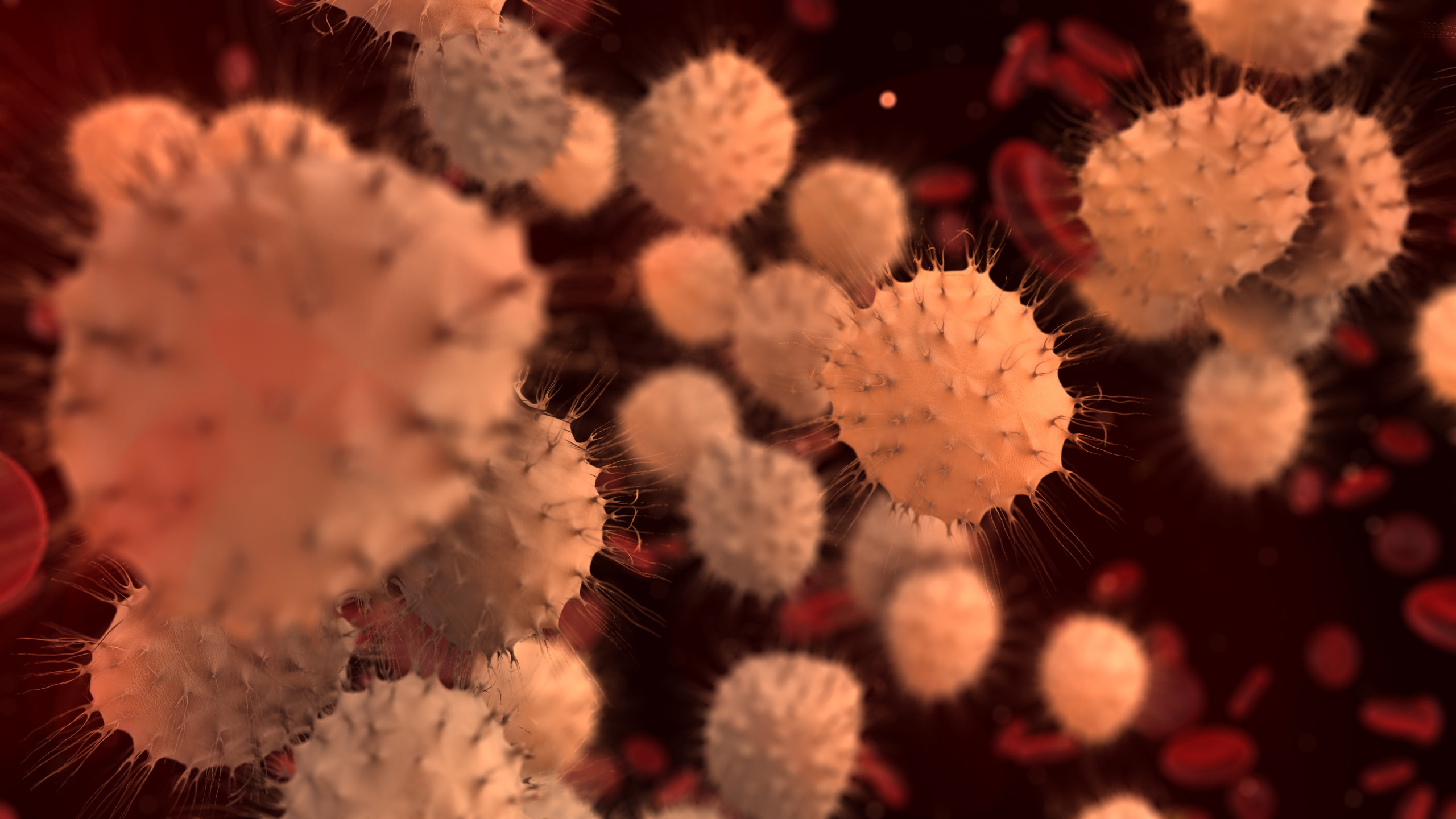
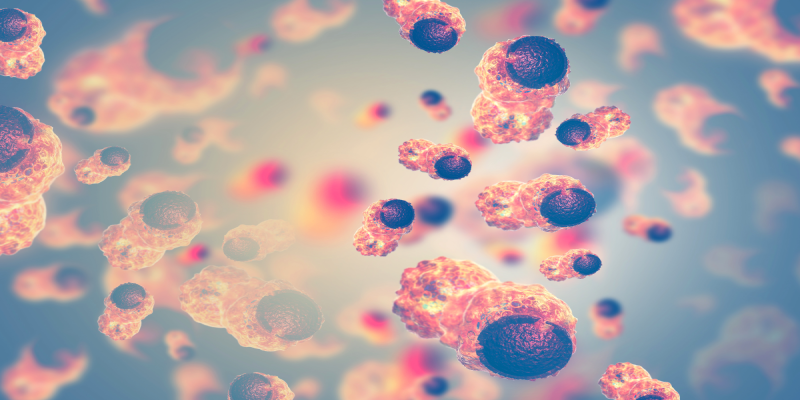


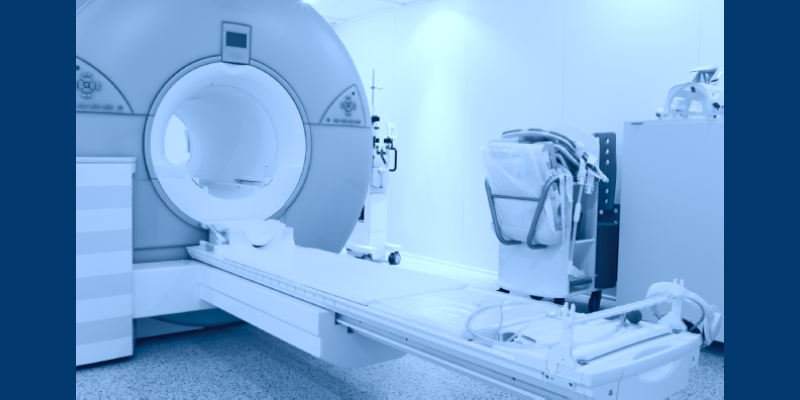
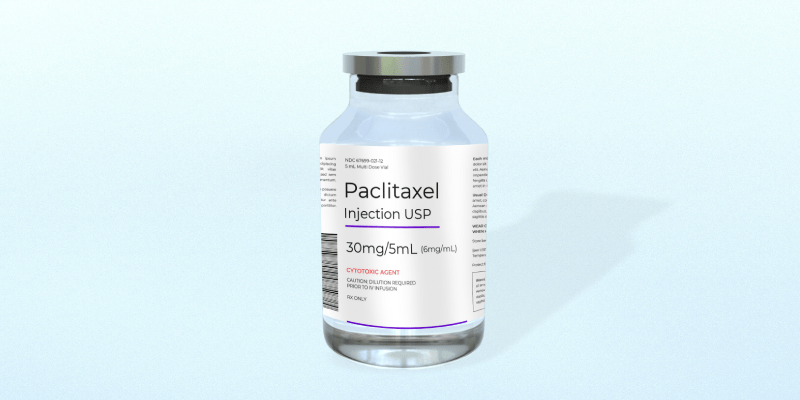

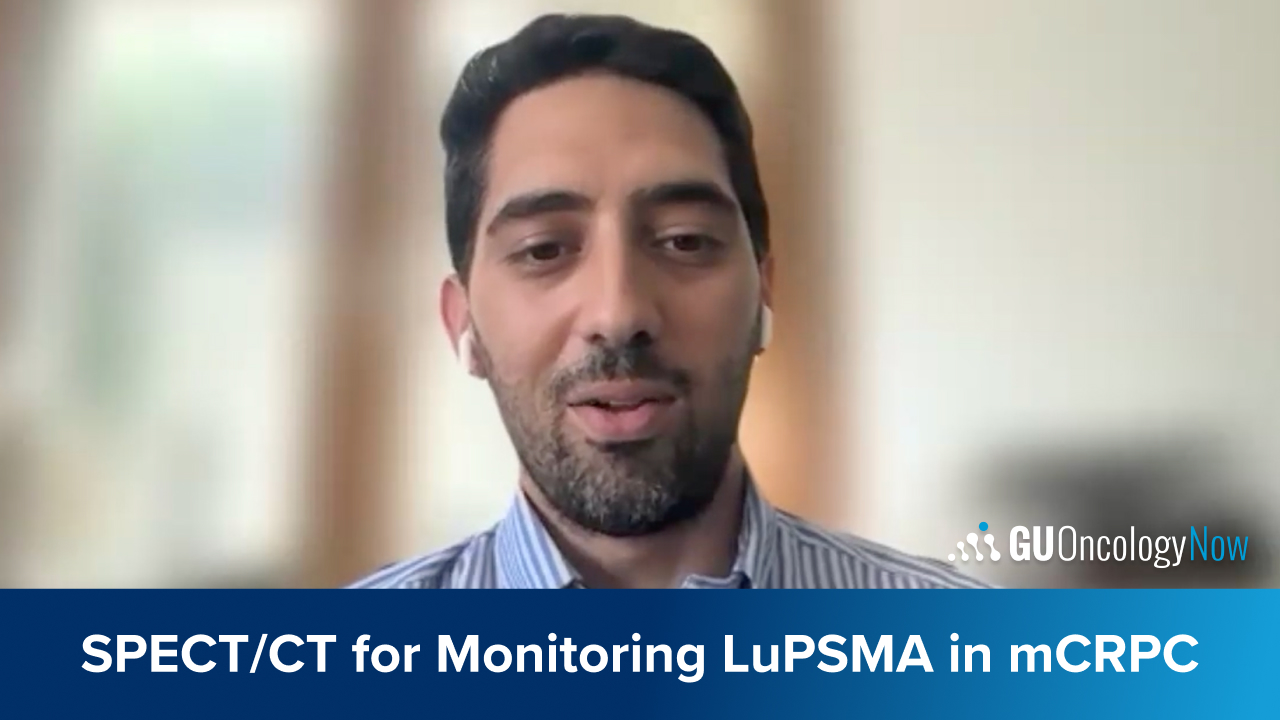
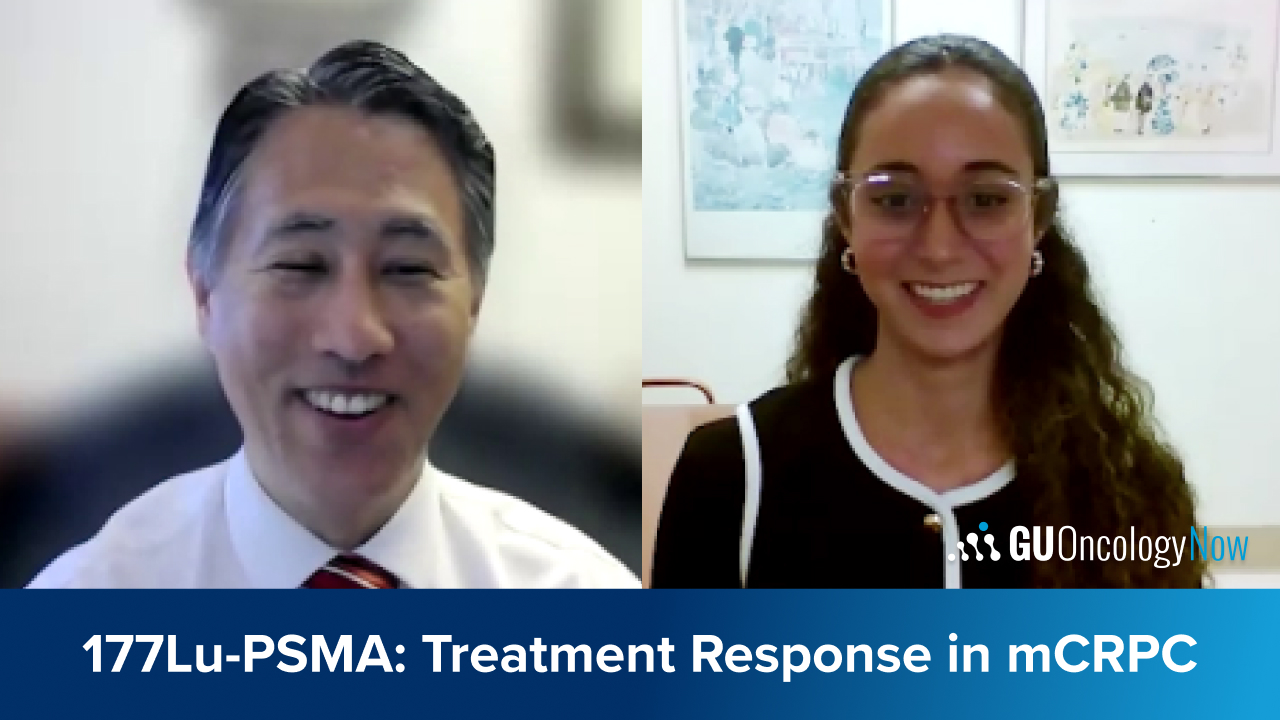

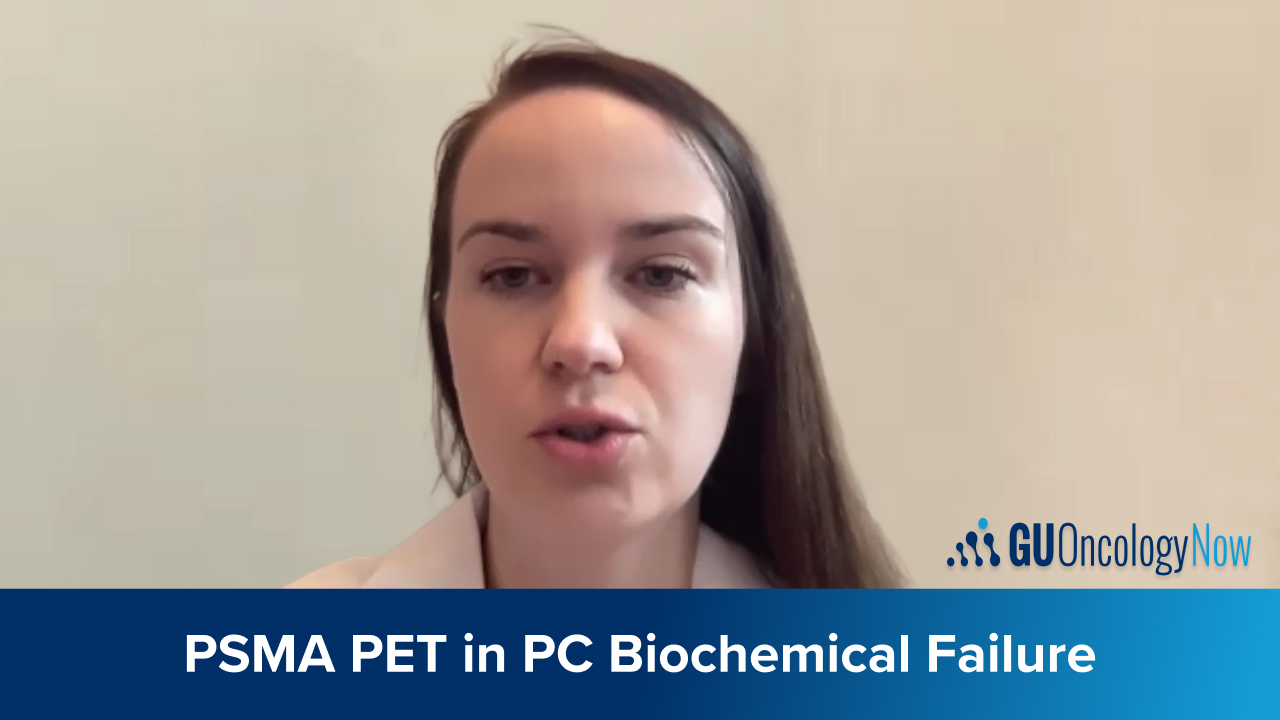





 © 2025 Mashup Media, LLC, a Formedics Property. All Rights Reserved.
© 2025 Mashup Media, LLC, a Formedics Property. All Rights Reserved.